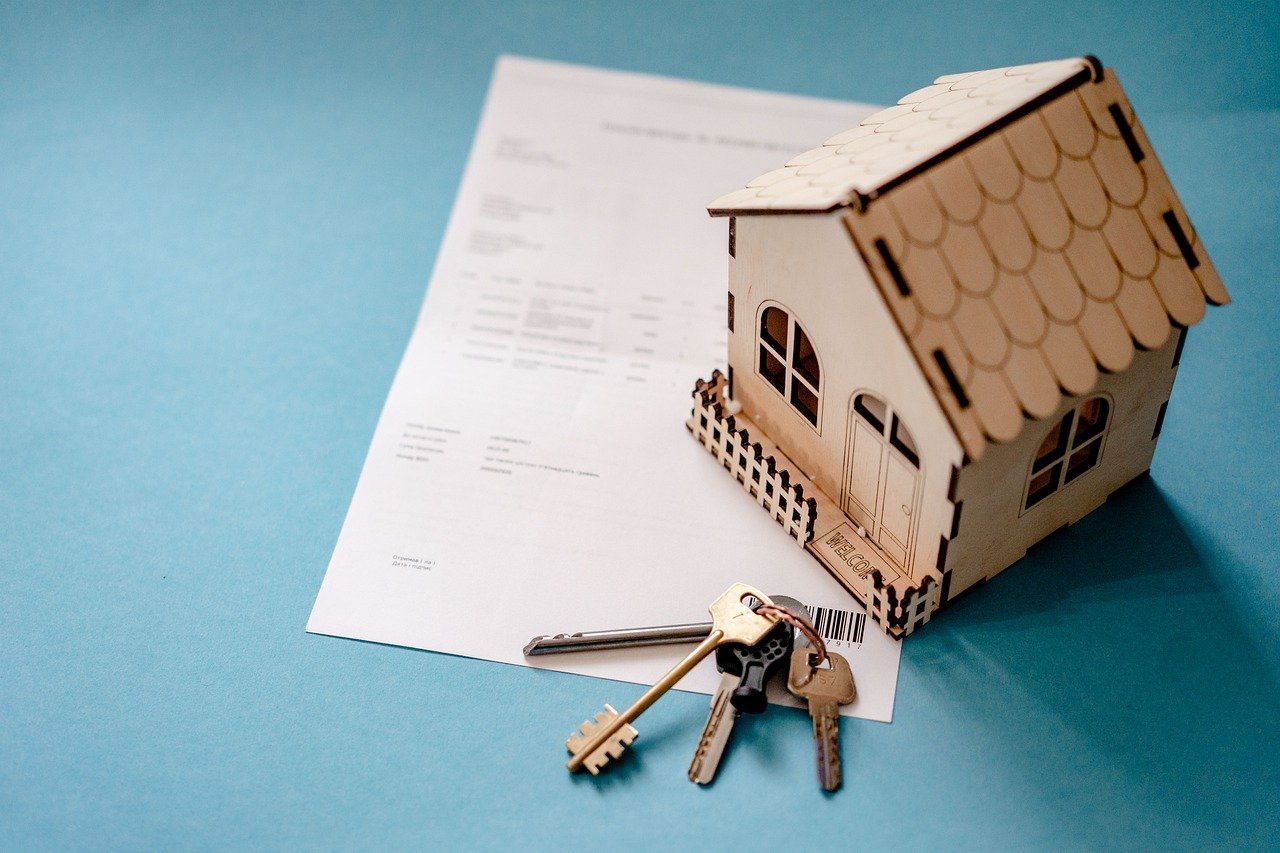The annual spring housing surge has done little to boost London’s flatlining property market, according to Rightmove.
The latest figures from the property website reveal house prices in the capital remain down year-on-year, driven by a slump in inner city sales.
Compared to 12 months ago, homes in outer London are 0.9% cheaper, whereas prices in inner London have fallen by 3.8%. Overall, homes in Greater London were worth 2.5% less than a year ago, meaning the average cost of a house was down £16,157 to £621,589.
New sellers in all but two boroughs are asking for less on average than a year ago. Only Barking and Dagenham in east London, and Bexley in the south east, have held their year-on-year value, “and they were the two cheapest boroughs last month”, says City A.M.
While this may spell trouble for existing homeowners, “house price trends can be good news for savvy landlords”, says The Daily Telegraph.
“The reason is that London boroughs differ dramatically in terms of prices and rent expectations,” explains the newspaper.
“Traditionally the capital’s high prices have pushed landlords seeking higher yields to other parts of the country, such as university towns in the north of England. But new research has underlined how falling prices in London mean that rental yields are on the up.”
The continuing slump in the capital’s property market stands in stark contrast to other parts of the UK. According to Rightmove, house prices in Wales, the Midlands and North West of England have hit record highs despite “Brexit blues”.
Average asking prices in Wales have broken through the £200,000 barrier for the first time while the average cost of property in the West Midlands has risen 3% to £232,247 compared to last year. Average prices have also risen by 2.1% annually in the North West.
The Sun says the latest figures “back Rightmove’s previous predictions that Brexit will actually boost the housing market by up to £3,500”.
Miles Shipside, director of Rightmove, said the increases seen outside of London are the “result of a combination of strong demand, buyers’ affordability headroom, and a continuing shortage of suitable properties”.
He added that Brexit was not really on the agenda of home movers in those areas.
This follows a wider trend that suggests uncertainty over Brexit appears to be subsiding.





